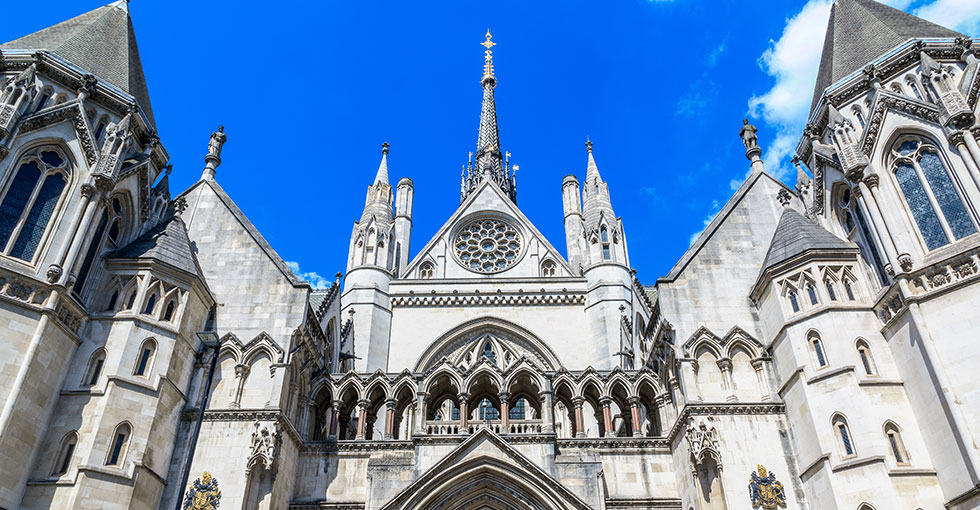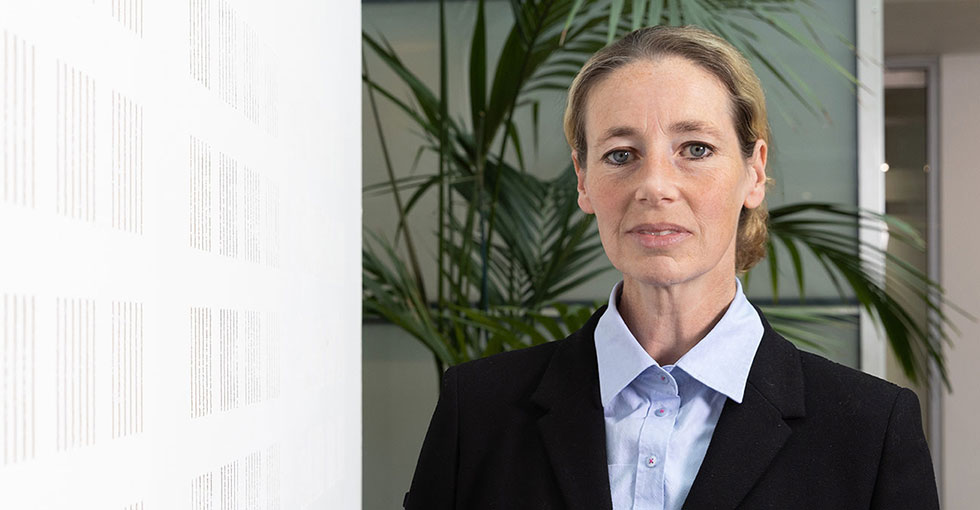By Lorna Badham, Specialist Employment Barrister
With COVID-19 declared a pandemic, primary focus is rightly on the immediate health crisis, the practical measures which can be taken and the maintenance of public morale.
Employers and individuals have been making decisions in the context of rapidly changing government advice and competing risks: to health, to business, and to interests both private and public. It seems inevitable that some of those decisions will eventually fall to be scrutinised in the legal sphere.
Workplaces and the spread of infection
On 26 February 2020, just over three weeks ago, Chevron, Crossrail and media firm OND asked their staff to stay home. At the time, this was characterised as an abundance of caution. Now it seems they may have been ahead of the curve.
An employer’s duty of care towards its employees is long recognised. That duty includes an obligation to take reasonable care in providing safe premises for its employees to work in. A workplace contaminated with COVID-19 is unlikely to be considered safe, but whether an employer has taken reasonable steps to make it so will involve consideration of a number of factors. These are likely to include:
- what the employer should reasonably have known, both about its own employees/operation and the nature of the threat. Had employees recently returned to the office from high risk areas, or been overtly displaying symptoms? What was the state of scientific knowledge at the time about factors such as the ability of the virus to survive on surfaces?
- what the contemporaneous government advice was. In late February, Public Health England was not recommending workplace closures, even where there had been a confirmed case of coronavirus. Establishing liability when an employer followed government advice would be an uphill struggle;
- the size and resources of the employer. Could they, for example, have easily moved staff from a potentially contaminated space to one with excess capacity?
- what if any steps an employer did take, and how expensive and/or effective further steps would likely have been.
In blunt terms, an employer who fails to facilitate working from home in mid-March, who has knowledge of employees within the office who have been confirmed with the virus and who has the technology to easily permit home working, is far more likely to be held liable than one who makes a decision in February to perform a deep clean but not to close the office.
Further obligations
An employer must also take reasonable care to provide employees with safe systems of working, adequate equipment and competent colleagues. The first two of these obligations are likely to be particularly relevant in the current climate.
Organisations all over the country are changing their methods of work so as to make them safer (see the delivery person now signing for parcels themselves). Employers, particularly those in front-line industries, such as the NHS, are increasing the amount of personal protective equipment they provide to staff.
Whilst resourcing difficulties may render some steps unreasonable (or impossible) to take, or some equipment too difficult to provide, employers fail to consider these factors at their peril.
Vicarious Liability
Employers can be held legally responsible for the for the negligent actions of any of its employees. So if Charles from Accounts returned from South Korea with a fever, and kept going into the office against medical advice- his employer may end up paying damages to those infected as a result.
Lorna Badham is a barrister at St Philips specialising in personal injury and illness claims. She frequently advises and acts in cases concerning infection, in both domestic and international spheres.









